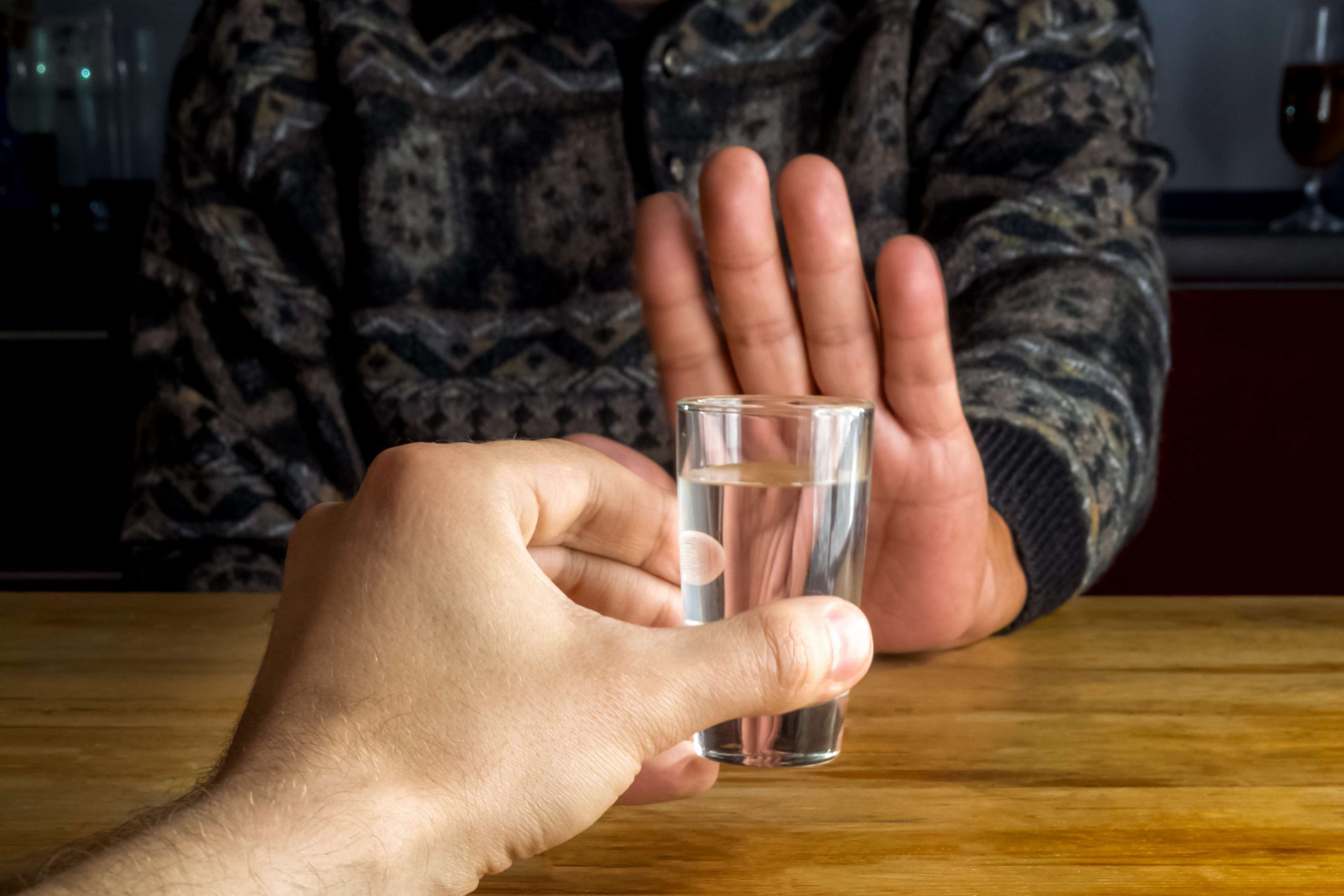Your care team might recommend this approach if you experience symptoms of anxiety and depression along with cravings. Therapy with a trained mental health professional — particularly one who specializes in substance use and recovery — can be another great way to explore long-term changes in alcohol use. These changes can lead to tolerance, or a need to drink more in order to feel the same effects. They can also leave you more sensitive to alcohol’s effects and raise your risk of withdrawal symptoms.
These triggers can be people, places, or things that make you crave alcohol. Satisfy your chocolate cravings with other sources of carbohydrates that are more nutritious. Fruits contain sugar, but the sugar they contain is naturally occurring, which can certainly help your sweet tooth. Fruit is great because it contains fiber, antioxidants, vitamins, and minerals, which are important in fighting your sugar cravings. There are endless options of fruit to choose from, but if you’re looking for one of the sweetest fruits to help with your cravings—I got you covered.
Medication-assisted Treatment for Curbing Alcohol Cravings
Men and women are equally affected by the negative impact of cravings. Alcohol cravings are caused by psychological and physical factors that form triggers that tempt you to drink. Bananas are rich in vitamin B6, which the body needs to produce and use serotonin.
During that time, they can begin learning about relapse prevention strategies, such as how to manage alcohol cravings, and then expand upon it through additional programming. There is no one-size-fits-all approach when it comes to addiction recovery. Lifestyle changes, behavioral therapy, medications, and mutual support groups may all play a role in your treatment, but it is important to find the approach that works best for your needs. For alcohol and drug addictions, it is a good idea to talk to a doctor or local drug clinic about whether you need medical help in quitting. There are options for medications to help alleviate withdrawal symptoms. In some cases, you may need medical supervision during the detox process.
Plan ahead to stay in control
For instance, picture yourself using mindfulness when faced with a craving. Consider tracking and analyzing your urges to drink for a couple of weeks. This will help you become more aware of when and how you experience urges, what triggers them, and ways to avoid or control them.
Even simple things like talking to a friend, watching a television show, reading a book, or going for a walk can provide a sufficient distraction while you wait for a craving to pass. Others find it painful, difficult, and frustrating, sometimes needing many attempts before achieving their goal. Still, others discover new sides to themselves during the quitting process (a greater capacity for compassion, for example).
Getting Professional Help
Your relationships and friendships are likely to change as you overcome your addiction. However, it can also take time and effort for trust to be re-established if you have hurt friends or family while you were actively involved in your addiction. Strengthening positive relationships with the supportive people herbs to curb alcohol cravings in your life can play an important part in your recovery and continued abstinence. If you have an underlying mental health problem, such as anxiety or depression, it could worsen during the withdrawal phase. Healthcare providers can be very supportive and helpful while navigating these challenges.

It’s especially challenging for those with social anxiety disorder who use alcohol as a crutch to overcome how they feel. Scheduled meal times can also help reduce the likelihood of impulsive eating or drinking. Consider including the previously mentioned foods in your daily meals, and don’t be afraid to experiment with different cooking methods and recipes.
What Are Alcohol Cravings?
Internal triggers are thoughts, feelings, sensations, and beliefs inside you that feed your cravings for alcohol. Others regard it as a helpful, alternative treatment that can help with things that may trigger or exacerbate alcohol use disorder, such as depression or chronic pain. Acamprosate (Campral) eases withdrawal symptoms — such as insomnia, anxiety, restlessness, and feeling blue — that can last for months after you stop drinking.
The information in this article is intended to be general in nature. It’s not intended to be a substitute for medical advice from a healthcare professional. Healthline encourages you to make any treatment decisions with your healthcare professional.
Learn Your Triggers
Using medication that helps reduce the urge to drink can be really helpful for some people. One of the most common medications to help reduce alcohol cravings is ReVia, also known as naltrexone. EAT A BALANCED DIET
There is indisputable evidence that alcohol cravings can be curtailed with the right diet and nutrients. A nutritious diet that provides the body with the nutrients it needs to function optimally may help with alcohol cravings.
- Two other drugs, gabapentin and topiramate, also interact with GABA and glutamate systems.
- Beyond simply eating these foods on their own, they can be used in a variety of tasty and nutritious recipes.
- Build a network of positive influences that would improve your self-esteem.
This neurotransmitter is key to reducing depression and anxiety—common reasons people use alcohol and also common issues that arise when quitting alcohol (4). If you think you have this medical disorder, talk with a doctor to figure out a treatment plan. This may involve going to counseling, taking medications, or attending support groups.